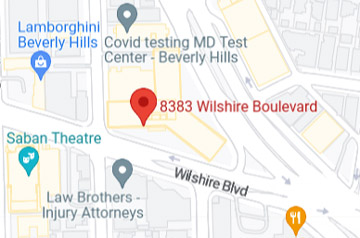Under the California Lemon Law, there is a time limit to file a claim. This time limit is also referred to as the statute of limitations. In California, the statute of limitations for filing a lemon law claim is four years. This is a hard deadline that cannot be extended. In other words, even if the consumer had no knowledge of the deadline, California law would still preclude her from pursuing the claim.
While the four year time limit to file a California Lemon Law claim is clear, it is more uncertain as to when the time period begins. Courts in California have held that the time limit begins when the consumer knew or should have known that her vehicle qualified for repurchase. Unlike consumers, vehicle manufacturers are savvy and knowledgeable about all laws that affect them. If a consumer delays in initiating a lemon law claim and there is a question as to when she should have known that the vehicle qualified under the California Lemon Law, the manufacturer will undoubtedly do everything in its power to have the case dismissed for the consumer’s failure to file the claim within the four year time limitation.
If a consumer even has a small suspicion that her vehicle might qualify for repurchase under the California Lemon Law, she should take immediate action. This is to not only avoid the risk of expiration of the four year statute of limitations, but to also establish that the defective vehicle is substantially impairing. Again, manufacturers are well-versed in litigating cases in the court system and know how to win. If a consumer delays in taking action, the manufacturer will simply argue that whatever defects she was experiencing were insignificant and not enough to qualify the vehicle for repurchase. On the other hand, a consumer who takes immediate action demonstrates the severity of the defects in the vehicle and how they are substantially impairing. Accordingly, it is critical that consumers act immediately.








